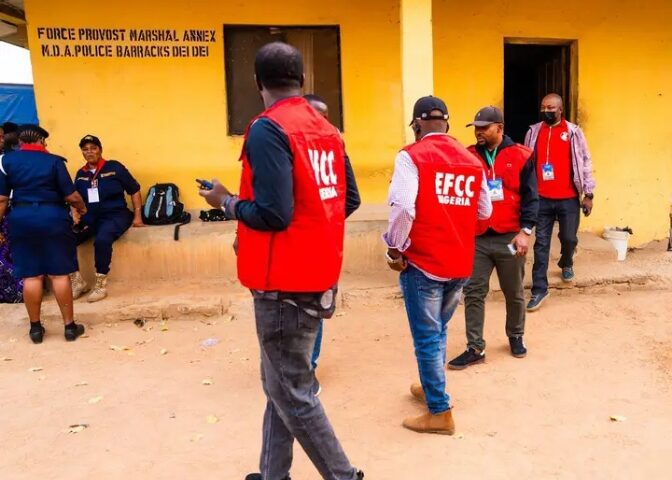Prince Chris Azor
Nigeria’s unemployment crisis remains one of its most daunting socio-economic challenges, with millions of citizens, especially young people left stranded in the shadows of opportunity.
Against this backdrop, the Federal Government’s recent pledge to create 1,000 jobs in each of the country’s 8,809 Wards, amounting to 8.8 million direct jobs, is both ambitious and historic. Yet, it raises fundamental questions; can it be delivered, sustained, and fairly implemented?
The Renewed Hope Ward Development Programme (RHWDP), endorsed by the National Economic Council, is designed as a grassroots strategy to decentralize employment creation.
With a National Steering Committee in place and the Ministry of Budget and Economic Planning coordinating, the framework appears sound on paper. Its constitutional legitimacy, drawn from Chapter Two of the 1999 Constitution and the Fifth Alteration Act, lends further weight.
However, Nigeria’s employment track record offers reasons for caution. Historically, growth in GDP has not translated proportionately into jobs. Employment elasticity has remained weak, while similar past programmes often faltered due to weak institutional capacity, corruption, and lack of monitoring.
Without strong accountability and transparency mechanisms, the RHWDP risks becoming yet another high-profile promise that fails to touch the lives it is meant to uplift.
As concerned Citizens, we insist that the programme must not be treated as another political slogan or campaign tool. Instead, it should be anchored on measurable targets, clear disbursement frameworks, participatory and inclusive monitoring at the ward level.
Communities, youth groups, CBOs, independent watchdogs and sundry stakeholders should be empowered to track recruitment processes, resource allocation, disbursements and actual delivery of jobs.
International experiences provide useful lessons. India’s rural employment guarantee programme showed that such initiatives can reduce poverty and strengthen social stability when supported by transparent record-keeping, grievance redress systems, and strong community participation. Nigeria’s adaptation must incorporate these safeguards while avoiding fiscal waste and duplication of efforts.
To ensure credibility and impact, several steps are critical:
Transparency in Recruitment – Job allocation must be merit-based and shielded from partisan interference.
Robust Monitoring and Evaluation – Civil society, Associations, Media, Private sector and citizens must be integrated into oversight frameworks.
Fiscal Discipline – Funding and resources must be ring-fenced and audited regularly to prevent leakages.
Accelerated Implementation – With insecurity and youth unemployment feeding restiveness, the programme must move from policy announcement to practical rollout without delay.
Sustainability Measures – Beyond short-term jobs, the initiative should link beneficiaries to skills development, entrepreneurship opportunities, and long-term employability.
The implications of success are enormous: stimulation of local economies, reduction in crime, improved social cohesion, and strengthened trust between citizens and government. But failure would further erode public confidence in governance, deepen unemployment-induced crises, and reinforce cycles of poverty.
Nigeria cannot afford another well-intentioned but poorly executed programme. Civil society urges government at all levels to match ambition with sincerity, speed with accountability, and policy with tangible results. The declaration of war on unemployment is welcome; but only through transparent and accountable execution will this war be won.
Prince Chris Azor is a Ciitizen Advocate and President, International Peace and Civic Responsibility Centre(IPCRC)
08032102294 (SMS Only)



















